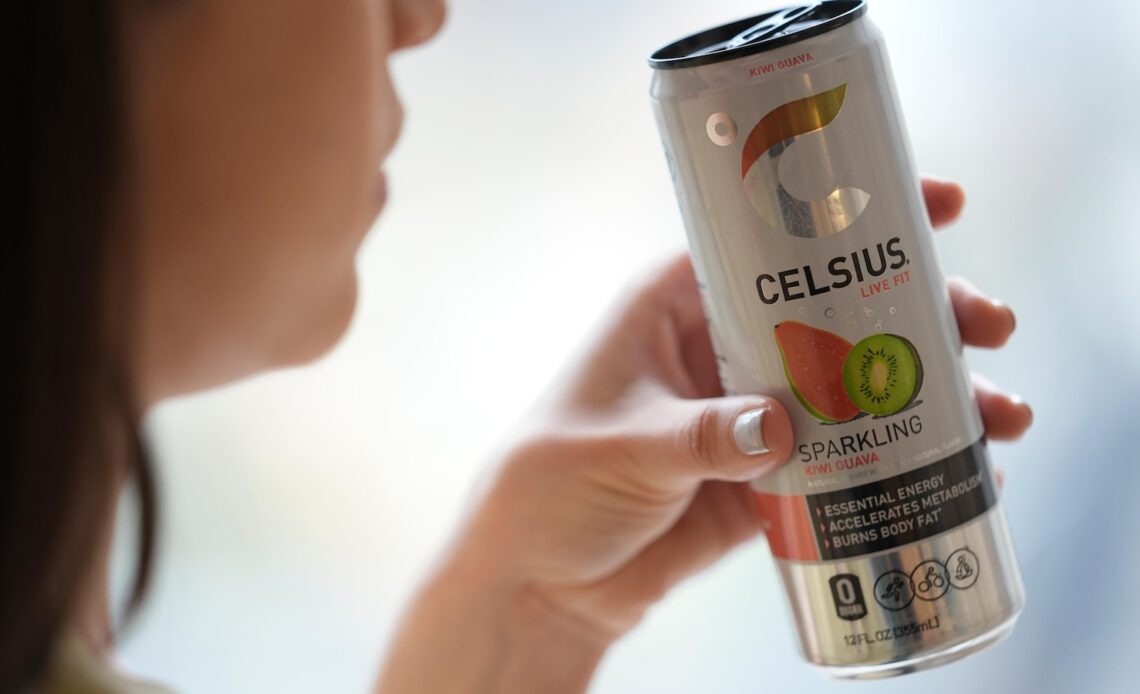Functional beverages — or drinks promoted as offering mental or physical benefits beyond hydration — are growing in popularity around the world. Hundreds of companies have jumped into the market, hoping to get some buzz with trendy and sometimes unfamiliar ingredients.
Here are some of the latest ones found in functional beverages and what scientists say about them.
ADAPTOGENS
— What are they? Plants and mushrooms that may help your body respond to stress, anxiety and fatigue or enhance feelings of well-being. Examples include American and Asian ginseng (an herb), ashwagandha (an evergreen shrub), eleuthero (a shrub), Rhodiola rosea (a flowering plant) and chaga (a mushroom).
— What does the science say? The Cleveland Clinic says adaptogens are known to trigger chemical reactions that can return the body to a more balanced state. Side effects from adaptogens are rare but depend on the plant. Studies show that adaptogens work best for a short duration (less than six months) because the body can build a resistance to them, making them ineffective over time.
NOOTROPICS
— What are they? Also known as “smart drugs,” nootropics are substances that can improve human thinking, learning and memory. Among the most common nootropics are caffeine, L-theanine (an amino acid found in tea), creatine (an amino acid naturally found in meat and fish), Bacopa monnieri (an herb), Gingko biloba (a tree) and lion’s mane (a mushroom). Some adaptogens may also have nootropic properties, like ashwagandha.
— What does the science say? In a study last year in the journal Plants, researchers said that most plant-based nootropics are not immediately effective after a single dose and must be taken for an extended period before any measurable improvement occurs. One problem in research on these natural substances has been standardizing the form they are taken in and the dosage, the study said. Side effects are rare and usually mild, but users should consider their overall health and whether nootropics could affect any other medications before ingesting them.
PROBIOTICS AND PREBIOTICS
— What are they? Probiotics are foods or supplements that contain live microorganisms intended to maintain or improve the “good” bacteria in a person’s gut or other parts of the body. They are naturally found in fermented foods like yogurt, kefir, cottage cheese, kombucha and sauerkraut. Prebiotics are food for the bacteria and other organisms that live in the gut. Prebiotics can be found…
Click Here to Read the Full Original Article at ABC News: Business…

